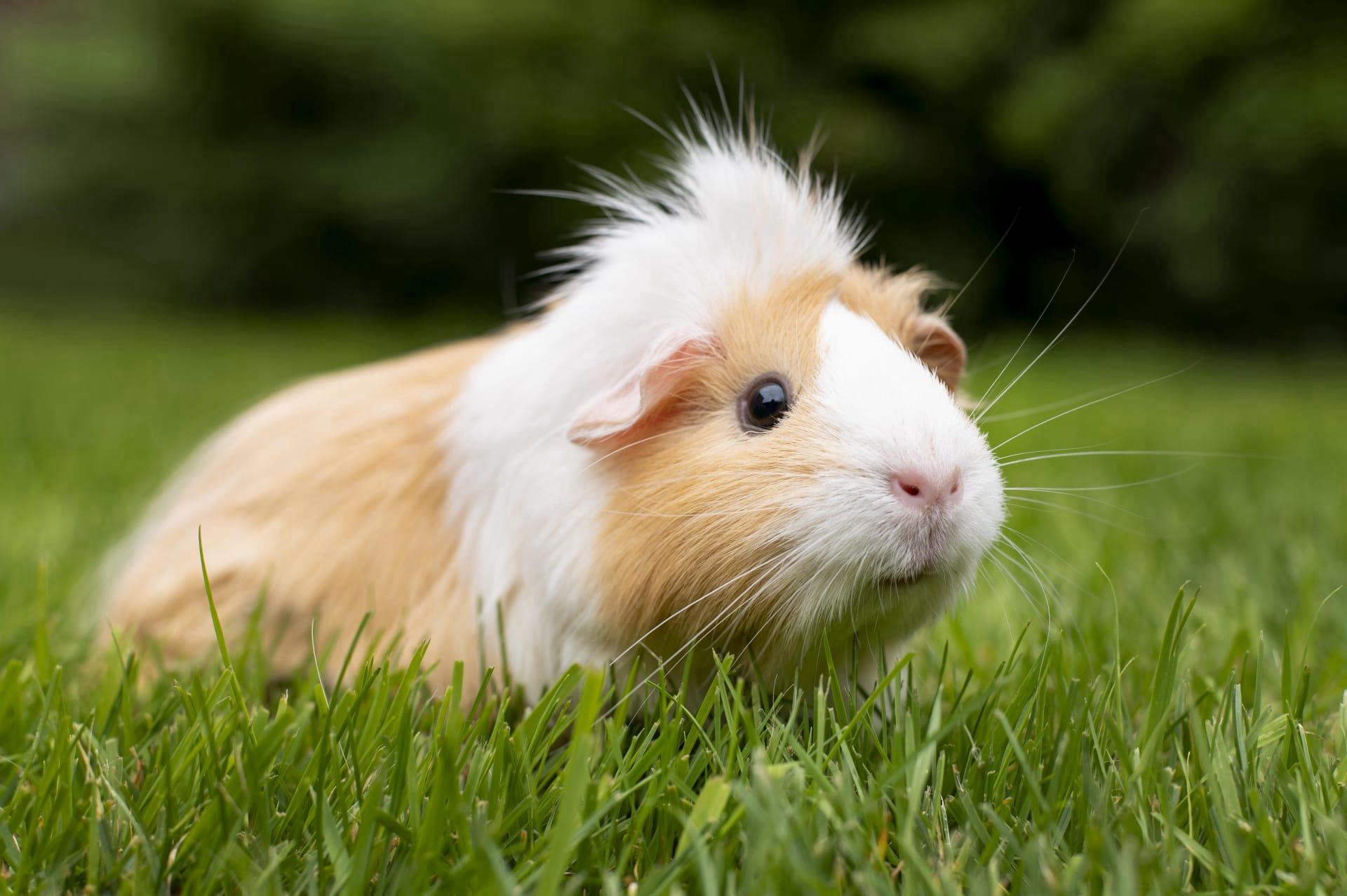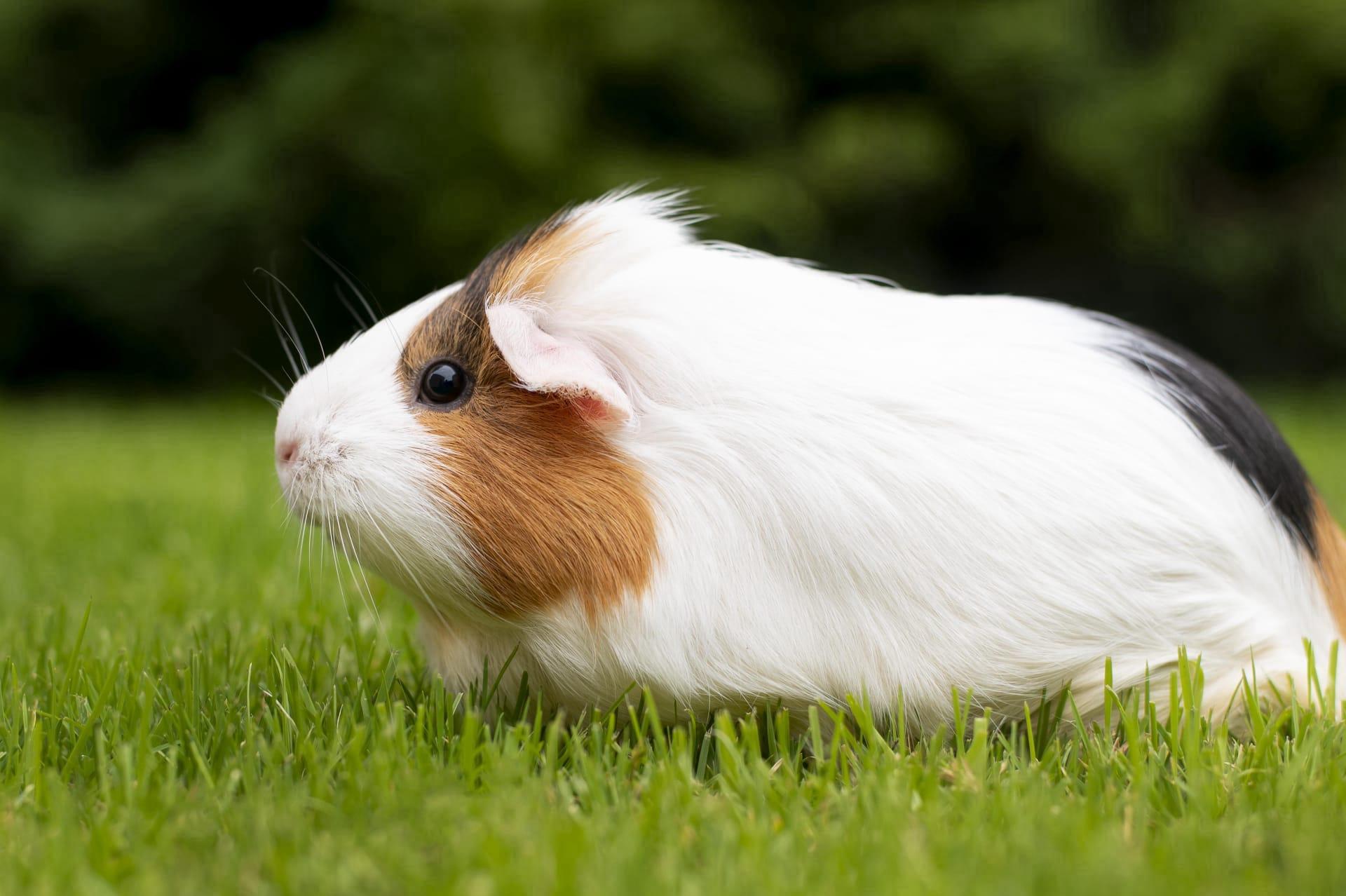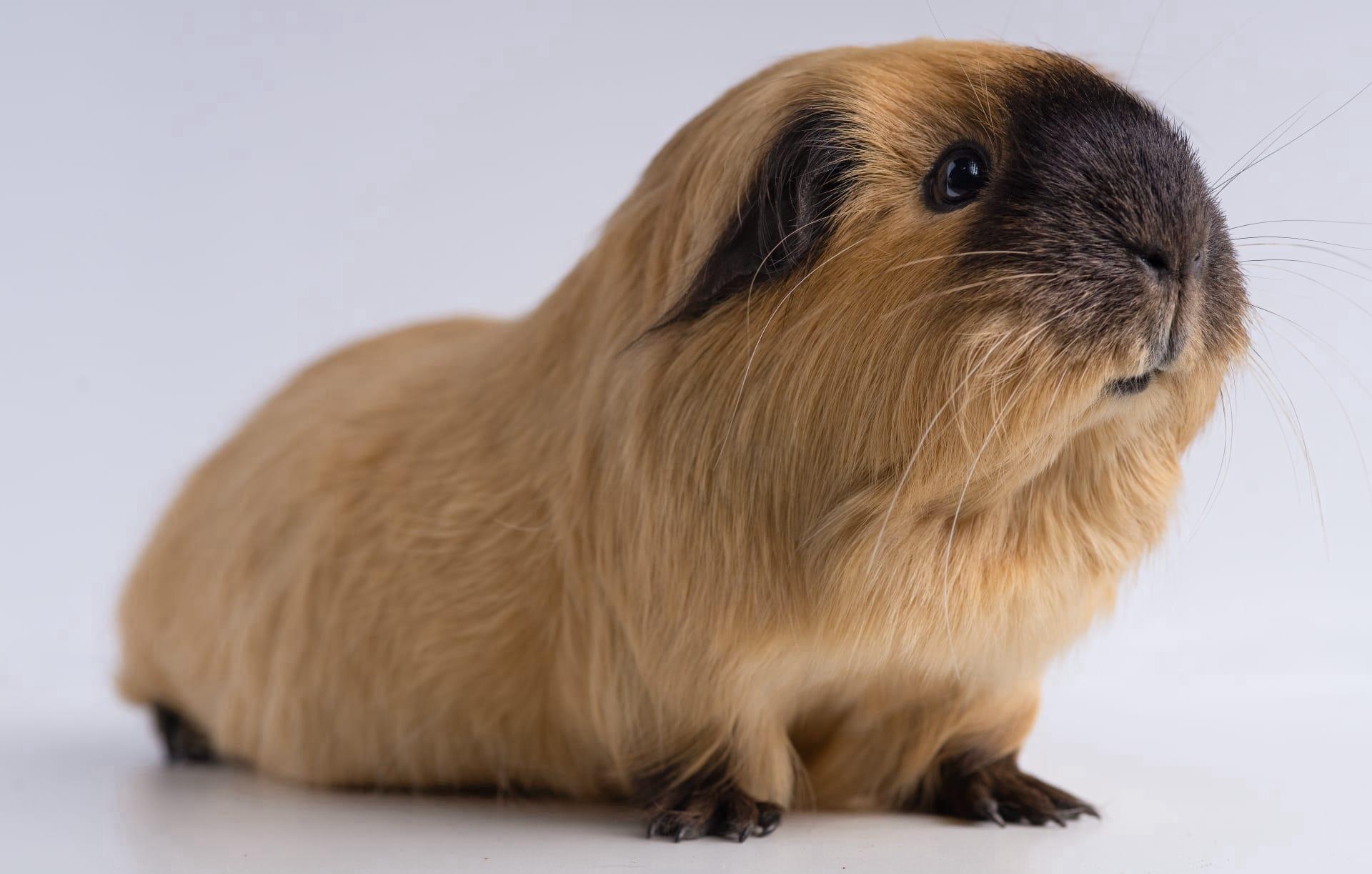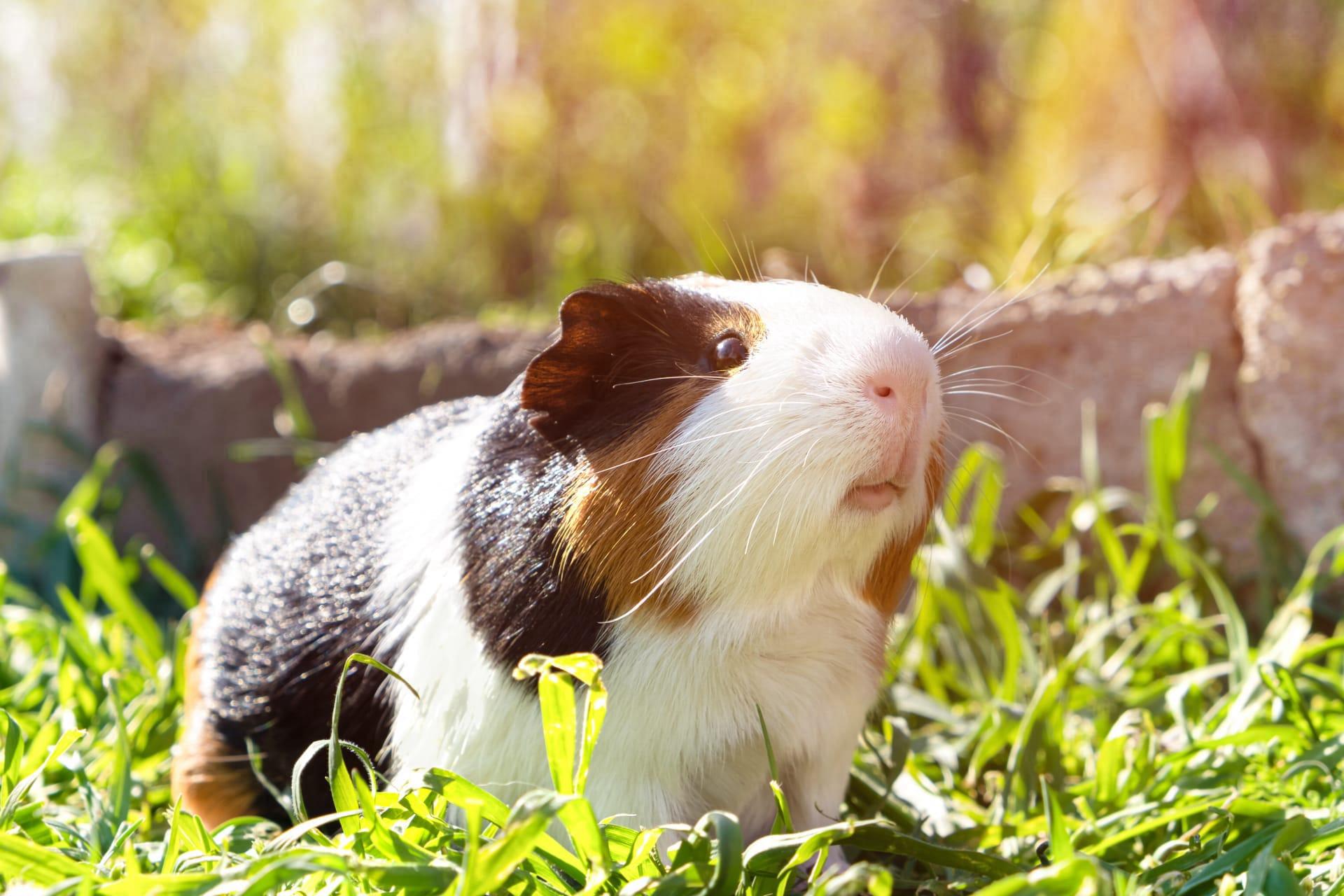Guinea Pig Trivia
- Home /
- Trivia Question /
- Animal /
- Guinea Pig Trivia
1
Question: What's the average lifespan of a guinea pig, and does it vary by breed?
Answer: Typically, guinea pigs live for about 5 to 7 years, but some can even reach a ripe old age of 10 years with proper care. The lifespan doesn't significantly vary across breeds, but factors like diet, environment, and genetics play crucial roles. For instance, a guinea pig with a balanced diet rich in vitamin C and a clean, spacious habitat is more likely to live longer.
Question: How do guinea pigs communicate, and what are some common sounds they make?
Answer: Guinea pigs are quite vocal and use a variety of sounds to communicate. A 'wheek' is a loud, high-pitched squeal, indicating excitement or a call for attention, often heard during feeding time. 'Purring,' which can vary in pitch, often suggests contentment when petted but can also indicate annoyance if the purr is deeper. 'Chutting' and 'whining' are other sounds that reflect a range of emotions from contentment to discomfort.

2
Question: Is it true that guinea pigs can live happily alone, or do they need a companion?
Answer: Contrary to a common misconception, guinea pigs are social creatures and thrive in the company of their kind. Keeping a guinea pig alone can lead to loneliness and stress. It's ideal to have them in pairs or small groups, ensuring they are of the same sex or neutered to avoid unwanted litters. Companionship provides them with necessary social interaction, play, and grooming.
Question: Do guinea pigs need to bathe regularly like other pets?
Answer: Actually, guinea pigs groom themselves and generally don't require frequent baths. Over-bathing can strip their skin of natural oils, leading to dryness and irritation. It's recommended to bathe a guinea pig only when necessary, such as when their coat becomes dirty or greasy, typically not more than a couple of times a year, using a gentle, pet-safe shampoo.

3
Question: What do guinea pigs eat, and how often should they be fed?
Answer: Guinea pigs are herbivores, and their diet primarily consists of hay, fresh vegetables, and guinea pig pellets. Hay is crucial for their digestive system and should be available at all times. Fresh vegetables like bell peppers, carrots, and cucumbers should be offered daily but in moderation due to sugar content. Pellets should be given once a day, ensuring they're fortified with Vitamin C, essential for their health.
Question: Can guinea pigs learn tricks or respond to their names?
Answer: Surprisingly, guinea pigs can learn simple tricks and even recognize their names! With patience and regular training, they can learn to come when called, stand on their hind legs, or navigate through small obstacle courses. Positive reinforcement with treats and gentle guidance works best. Remember, each guinea pig has its own pace and personality, so patience is key.

4
Question: How big do guinea pigs get, and does size vary with breed?
Answer: The average guinea pig grows to about 8 to 10 inches in length and weighs around 700 to 1200 grams. However, size can vary slightly among breeds. For instance, the Silkie and Peruvian breeds tend to be a bit larger and have longer fur, while the American guinea pig is typically shorter with a smoother coat.
Question: Are guinea pigs good pets for children?
Answer: Guinea pigs can be wonderful pets for children, but with supervision. They're gentle and relatively easy to care for, making them suitable for teaching responsibility. However, they're also delicate and can be easily injured if mishandled. Children should be taught how to hold and interact with them properly. Additionally, adult supervision ensures the guinea pigs are well cared for and safe.

5
Question: What are some common health problems in guinea pigs, and how can they be prevented?
Answer: Common health issues include dental problems, vitamin C deficiency, respiratory infections, and skin conditions like mites. Regular dental check-ups, a diet rich in vitamin C, proper cage hygiene, and regular health checks can help prevent these. It's crucial to provide chew toys for dental health and avoid overcrowding in cages to reduce stress and infection risks.
Question: How can you tell if a guinea pig is happy or stressed?
Answer: Happy guinea pigs are active, eat regularly, and have a smooth, clean coat. They may express joy through behaviors like 'popcorning,' where they jump in the air playfully. Stressed or unhappy guinea pigs may exhibit signs like excessive hiding, reduced appetite, a ruffled or unkempt coat, and unusual vocalizations. Monitoring their behavior and providing a safe, enriching environment are key to their well-being.